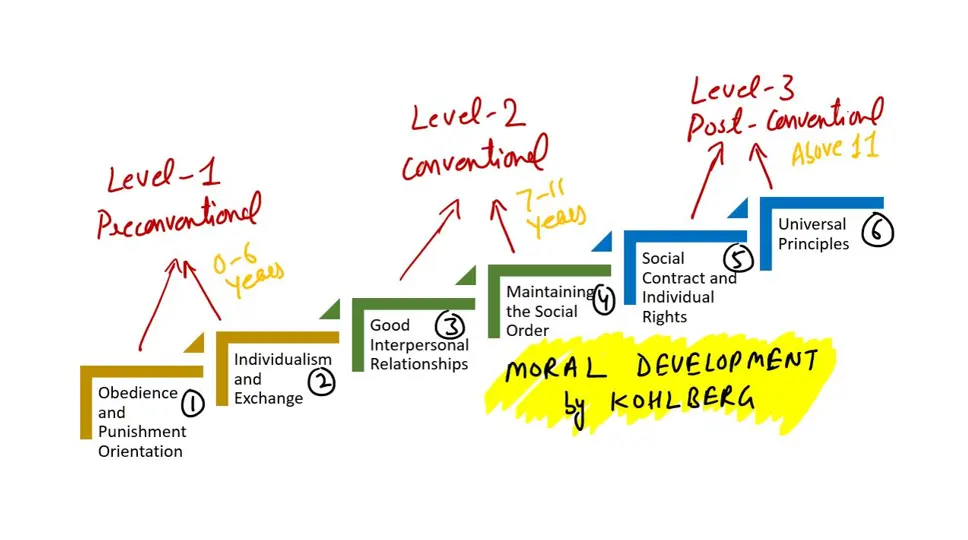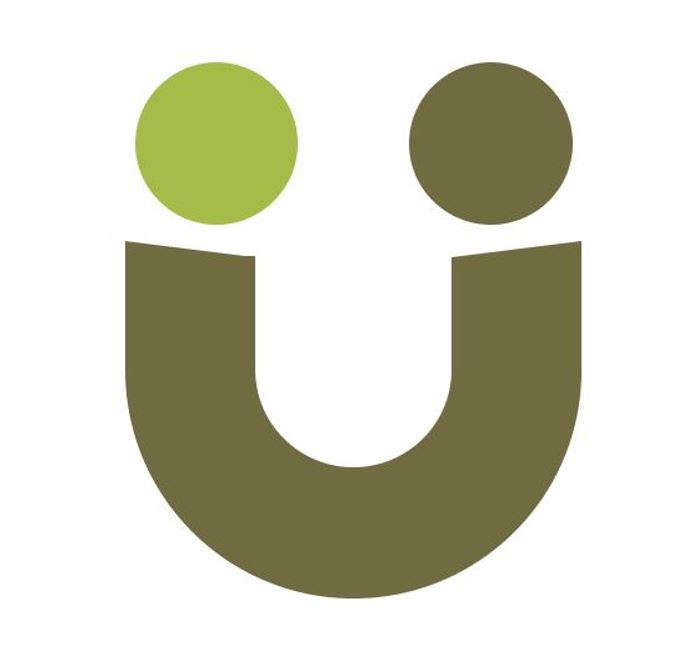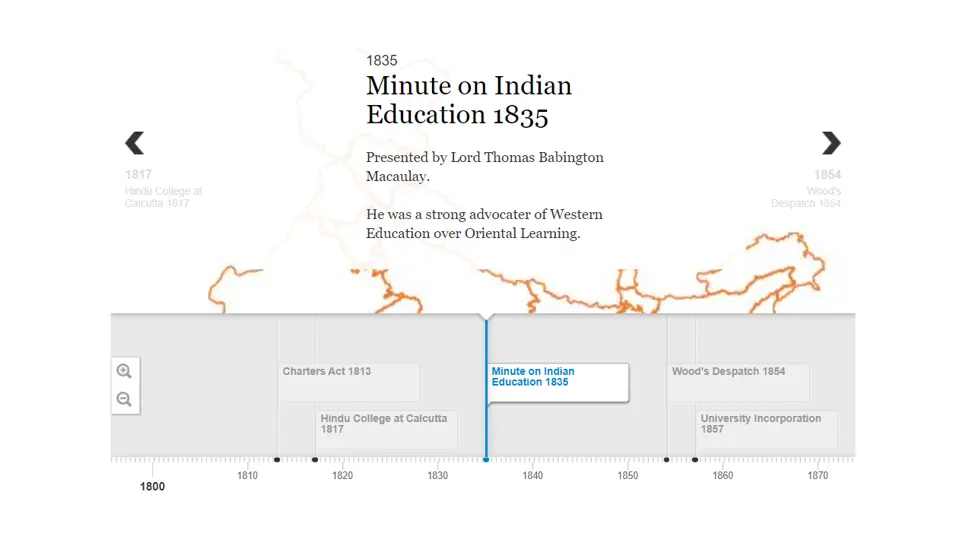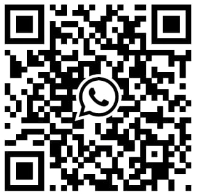Syllabus of UGC NET Paper 1
Are you preparing for the UGC NET Paper 1 exam? If so, you’ll want to stay informed about the latest syllabus of the UGC NET Paper 1. The UGC introduced significant updates to the syllabus for Paper 1 in January 2019.
Change Number 1: Embracing Current Affairs
The UGC has incorporated several topics, related to current affairs, into the Paper 1 syllabus. These areas not typically covered in traditional textbooks. These topics include Digital initiatives in Education, SDGs, ICT in Education, Mass Media, Data Governance, Climate Change, Renewable Energy, Developments in higher education, Disaster Mitigation etc. To tackle these subjects effectively, you’ll need to explore multiple sources such as government websites, NIC, PIB releases, Parliamentary Questions/Answers, Year-End Achievements, PRS reports, newspapers, and IGNOU notes.
Change Number 2: Introducing New Dimensions
The UGC has introduced entirely new topics, as well in paper 1 syllabus. You’ll now encounter topics like Levels of teaching, Positivism and Postpositivistic approach, Mood and Figure, Formal and Informal fallacies, Connotations and denotations of terms, Indian Logic, Environmental Protection Act (1986), National Action Plan on Climate Change, International agreements/efforts, and more. These additions represent a substantial transformation, accounting for at least 40% of the revised syllabus.
Change Number 3: Mathematical Concepts
In another noteworthy change, the UGC has explicitly included mathematical topics in the syllabus, such as Fraction, Time & Distance, Ratio, Proportion and Percentage, Profit and Loss, Interest and Discounting, Averages, and more. But the questions appears in exam beyond these topics also, like Directions, Number system, Time and work etc.
Stay ahead of the curve by thoroughly preparing with HUMAN PERITUS for UGC NET Paper 1 syllabus. You can conveniently download the PDF version of the syllabus from this page.
Syllabus of Paper 1- UGC NET
The syllabus of Paper 1 for UGC NET is sub-divided into 10 units.
- Teaching: Concept, Objectives, Levels of teaching (Memory, Understanding and Reflective), Characteristics and basic requirements.
- Learner’s characteristics: Characteristics of adolescent and adult learners (Academic, Social, Emotional and Cognitive), Individual differences.
- Factors affecting teaching related to: Teacher, Learner, Support material, Instructional facilities, Learning environment and Institution.
- Methods of teaching in Institutions of higher learning: Teacher centred vs. Learner centred methods; Off-line vs. On-line methods (Swayam, Swayamprabha, MOOCs etc.).
- Teaching Support System: Traditional, Modern and ICT based.
- Evaluation Systems: Elements and Types of evaluation, Evaluation in Choice Based Credit System in Higher education, Computer based testing, Innovations in evaluation systems.
- Research: Meaning, Types, and Characteristics, Positivism and Postpositivistic approach to research.
- Methods of Research: Experimental, Descriptive, Historical, Qualitative and Quantitative methods.
- Steps of Research.
- Thesis and Article writing: Format and styles of referencing.
- Application of ICT in research.
- Research ethics.
- A passage of text be given. Questions be asked from the passage to be answered.
Communication: Meaning, types and characteristics of communication.
Effective communication: Verbal and Non-verbal, Inter-Cultural and group communications, Classroom communication.
Barriers to effective communication.
Mass-Media and Society.
- Types of reasoning.
- Number series,
- Letter series,
- Codes and Relationships.
- Mathematical Aptitude (Fraction, Time & Distance, Ratio, Proportion and Percentage, Profit and Loss, Interest and Discounting, Averages etc.).
Understanding the structure of arguments: argument forms, structure of categorical propositions, Mood and Figure, Formal and Informal fallacies, Uses of language,
Connotations and denotations of terms, Classical square of opposition.
Evaluating and distinguishing deductive and inductive reasoning.
Analogies.
Venn diagram: Simple and multiple use for establishing validity of arguments.
Indian Logic: Means of knowledge.
Pramanas: Pratyaksha (Perception), Anumana (Inference), Upamana (Comparison), Shabda (Verbal testimony), Arthapatti (Implication) and Anupalabddhi (Non-apprehension).
Structure and kinds of Anumana (inference), Vyapti (invariable relation), Hetvabhasas (fallacies of inference).
- Sources, acquisition and classification of Data.
- Quantitative and Qualitative Data.
- Data and Governance.
- Graphical representation (Bar-chart, Histograms, Pie-chart, Table-chart and Line-chart) and mapping of Data.
- Data Interpretation.
- ICT: General abbreviations and terminology.
- Basics of Internet, Intranet, E-mail, Audio and Video-conferencing.
- Digital initiatives in higher education.
- ICT and Governance.
Development and environment: Millennium development and Sustainable development goals.
Human and environment interaction: Anthropogenic activities and their impacts on environment.
Environmental issues: Local, Regional and Global; Air pollution, Water pollution, Soil pollution, Noise pollution, Waste (solid, liquid, biomedical, hazardous, electronic),
Climate change and its Socio-Economic and Political dimensions.
Impacts of pollutants on human health.
Natural and energy resources: Solar, Wind, Soil, Hydro, Geothermal, Biomass, Nuclear and Forests.
Natural hazards and disasters: Mitigation strategies.
Environmental Protection Act (1986), National Action Plan on Climate Change, International agreements/efforts -Montreal Protocol, Rio Summit, Convention on Biodiversity, Kyoto Protocol, Paris Agreement, International Solar Alliance.
- Institutions of higher learning and education in ancient India. Evolution of higher learning and research in Post Independence India. Oriental, Conventional and Non-conventional learning programmes in India.
- Professional, Technical and Skill Based education.
- Value education and environmental education.
- Policies, Governance, and Administration.
Syllabus – Paper 1
Check out detailed Syllabus of Paper 1 of UGC NET, as prescribed by the UGC NET …..
Previous Years’ Papers- Paper 1
Download All Previous Years Question Papers (PYQs) from 2009 to 2024, for Paper 1 of UGC NET, with Answer Key …..
Coaching Classes – Paper 1
Video Classes, Books, Practice Papers, and Mock Tests. Join thousands others who cracked UGC NET with Human Peritus …..
Eligibility of UGC NET
Understand the recent major changes in the eligibility for both PG students and 4 Years Degree students for UGC NET…..
Exam Pattern UGC NET
Pattern of Paper, number of questions, marking scheme, negative marketing etc for UGC NET exam…..
Age Limit
Age Limit for various categories in UGC NET, as notified since June 2024 …..
Anything else
Get in Touch with Our Team at Human Peritus and we will do our best to support you …..
What Our Students Say
Sheetal Rajput
Hello team This is to thank you people for helping me out for the last minute preparation i did for the NTA NET-JRF exam for COMMERCE. I took admission in PhD in DU last year, so had to earn JRF for pursuing it more smoothly. a big thanks to the team of Human Peritus. You guys are doing an amazing job. Keep it up. More success to you team. ☺️
Kanishka Garg
Hello everyone! I have scored 100 percentile in June NTA UGC NET Code-55 subject for which the results were announced on 13th July 2019. I secured AIR-1 in my first attempt and owe my success to Human Peritus Team.
Vishwaraj Saude
Hello Friends, I am VISHWARAJ SAUDE just another aspirant when I have started my JRF preparation in Sept. 2019 I have Qualified for JRF in DEC 2019 & scored 100 Percentile in subject Code-55 & secured AIR-1 in my first attempt and this happened just because I have bought study material package from HUMAN PERITUS.
Success Stories ....
Over last 12 years, thousands of students have cracked exams with Human Peritus. We have interviewed some of them for you. Obviously they may speak nice words about Human Peritus. But, we have something else in mind, while advising you to watch these interviews.
The students have shared interesting insights about preparation strategy. All of them are from different backgrounds. You will find that your story is related to many of them. Some are working professionals, some are busy mothers, some are second year students, some are weak in Paper 1, some others in Paper 2, some are bored with corporate jobs, while some others are scared of Aptitude. Hear them to understand, how they did it.
Check out hundreds of more experiences at Click Here
Depend Completely Upon us
From Start To Finish
Human Peritus is one stop solution for everything, which you need to crack UGC NET.
- Score above 80% in Paper 1 of UGC NET
- 1000s of students cracked UGC NET since 2011
- Most trusted guide during preparation journey

UGC NET Paper 1 - Complete Plan
Information and Communication Technology
Changes in Eligibility from June 2024
Teaching Aptitude
UGC NET Paper 1
Higher Education
Research Aptitude
Data Interpretation
Indian Logic
Communication
People and Environment
Category System- UGC NET
About Us
Human Peritus specializes in Management and Commerce. Thousands of students have cracked UGC NET with Human Peritus since 2011.
Phone: 9717781110
Email: contact@humanperitus.com
Address: Human Peritus, Floor 5, Building C, Unitech Cyber Park, Gurgaon, 122002
Get in touch, if you want to schedule a face to face meeting with faculty in our Gurgaon office.
Exams We Cover
- UGC NET Paper 1
- Management (Code 17) - UGC NET
- Commerce (Code 08)- UGC NET
- HRM & Labour Welfare Subject (Code 55)- UGC NET
- Assistant Professor exams Marketing Officer exams for Banks and PSUs
- HR Officer exams for Banks and PSUs
- UPSC Civil Services- Management Optional
- UPSC Prelims- CSAT
- UPSC RTs- ALC, APFC, EPFO EO/AOI, Admin Officer, store Officer, DRDO, ESIC DD




